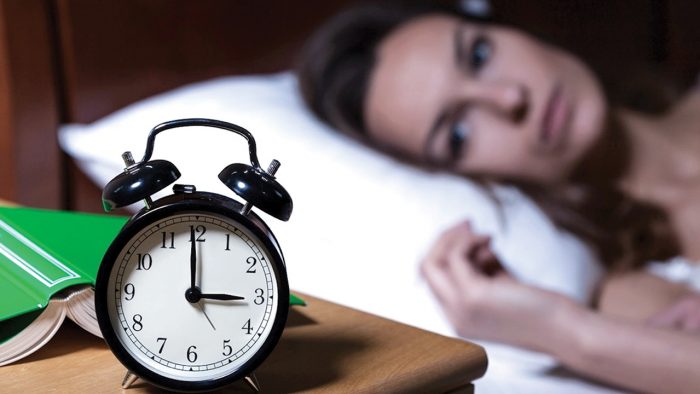Peri-menopausal, menopausal sleep concerns for women
A big stress factor that isn’t usually addressed is pre-menopausal or menopause effect on sleep. If you’re 40 or over, you can agree that insomnia is real! This culprit must be addressed. Many women experience sleep problems before and during menopause when hormone levels and menstrual periods become irregular. Often, poor sleep sticks around throughout the menopausal transition and after menopause.
Hormones shift throughout women’s lives, and changes to estrogen, progesterone and other hormones can lead to recurring sleep problems well before the transition to menopause actively begins. You might think that a good night’s sleep is nothing but it becomes a precious commodity once you reach a certain age.
Hot flashes are sometimes referred to as, “personal summers.’ Any woman in this stage of life will tell you that if feels like your body has turned into an oven. Sleeplessness due to menopause is often associated with hot flashes. These unpleasant sensations of extreme heat can happen during the day or at night. Nighttime hot flashes are often paired with unexpected awakenings.
There are changes in the brain that lead to the hot flash itself, and those changes — not just the feeling of heat — may also be what triggers the awakening.
When they happen at night, hot flashes are called night sweats. Some women find that hot flashes interrupt their daily lives. The earlier in life hot flashes begin, the longer you may experience them. Research has found that black women get hot flashes for more years than white and Asian women.
Lifestyle changes to improve hot flashes
Before considering medication, first try making changes to your lifestyle.
If hot flashes are keeping you up at night, keep your bedroom cooler and try drinking small amounts of cold water before bed. Layer your bedding so it can be adjusted as needed. Some women find a device called a bed fan helpful. Here are some other lifestyle changes suggested by research:
• Dress in layers, which can be removed at the start of a hot flash.
• Carry a portable fan to use when a hot flash strike.
• Avoid alcohol, spicy foods, and caffeine. These can make menopausal symptoms worse.
• If you smoke, try to quit, not only for menopausal symptoms, but for your overall health.
• Try to maintain a healthy weight. Women who are overweight or obese may experience more frequent and severe hot flashes.
• Try mind-body practices like yoga or other self-calming techniques. Early-stage research has shown that mindfulness meditation, may help improve menopausal symptoms.
Here is what works for me and my suggestions from a few years of trial/errors, research, doctor’s input, etc:
1. Stop worrying about sleep! Period. It also meant I had to address other areas of my life. Most of what ails us is addressed holistically. As a first born with a type A personality, my default to is to find solutions which means my brain is working constantly. Sometimes, I ponder problems that have not yet been invented. Which also means that I’m not present in the moment. I lived in the future somewhere. However, I’ve learned to pay attention to the Here and Now, and enjoy those in my life circle. I endeavor to Live my best life and not try to fix everything. This helps quiet my mind.
2. It is perfectly okay to give yourself a limited amount of time to ‘stress or fuss’ after which you stop and move on to a mindless activity. Sleep will come.
3. Exercise is my go-to therapy. When I run, I sleep better.
4. Sex is a great precursor to sleep but only after both parties are fully satisfied. If the woman is a passive participant, she’ll have to watch her partner sleep joyfully next to her.
5. I am an avid aromatherapy advocate. We must be consistent in this. It takes a while for your body to acclimate to a particular scent. My scent of choice is lavender because it calms me.
6. I drink chamomile or any relaxing tea at night. This is a staple.
7. I love baths and my doctor suggested I take one before I sleep. I soak in the tub with bath beads, light candle. OR take a shower in the dark but rub your body with aroma oils and inhale.
8. Finally, once in a while, I find my way to my massage therapist, who usually says that my body is knotted up; however after 2 hours or so, I am loose and ready to climb in bed








